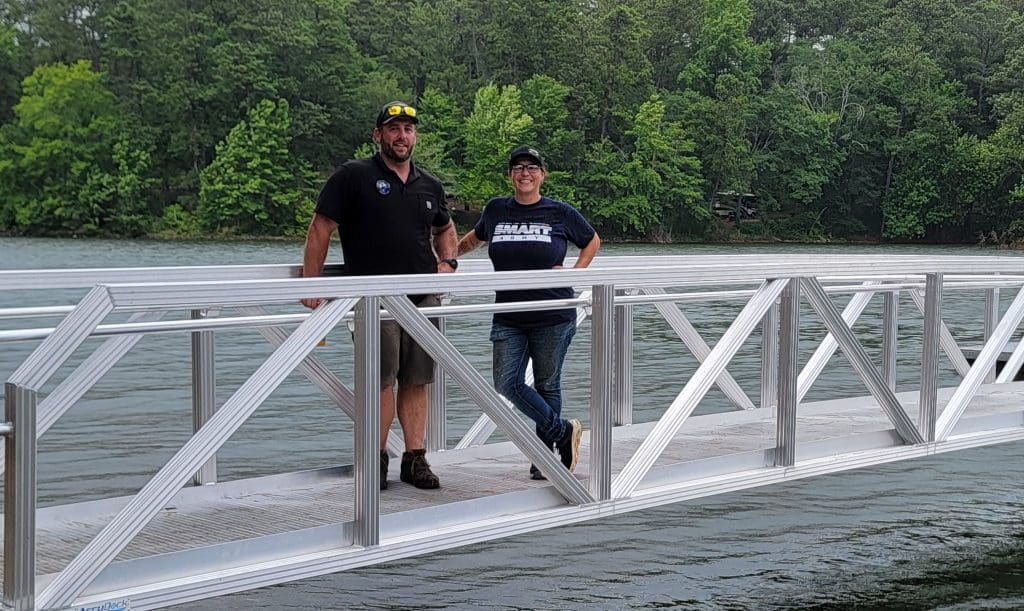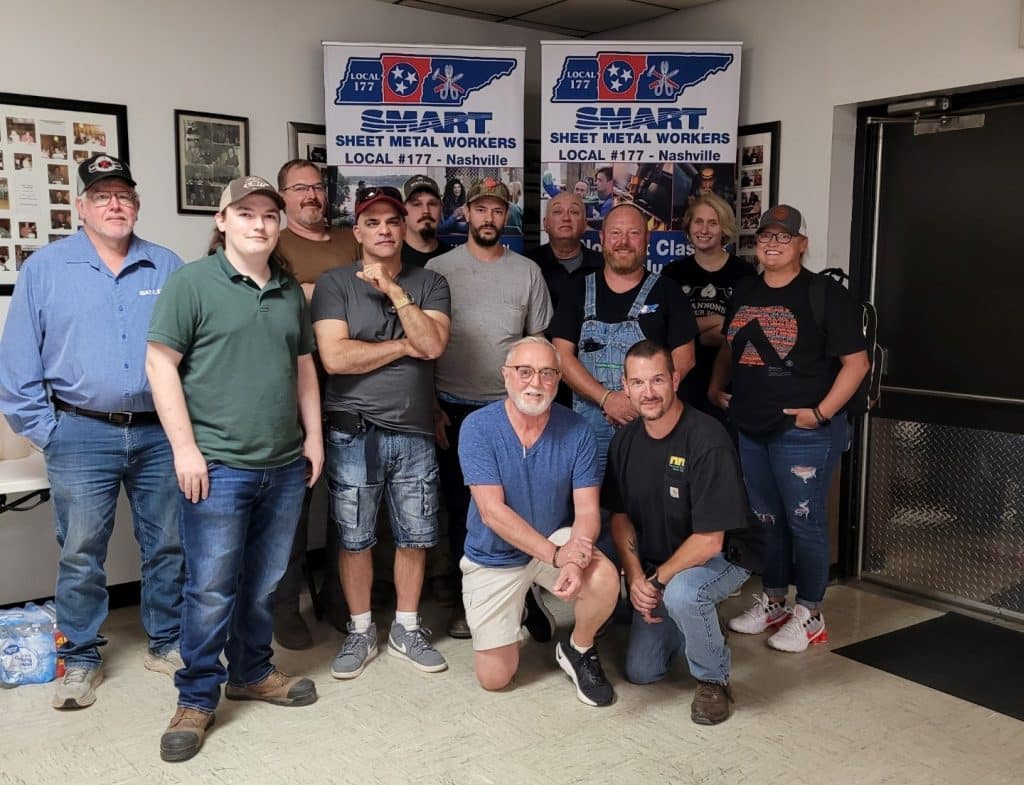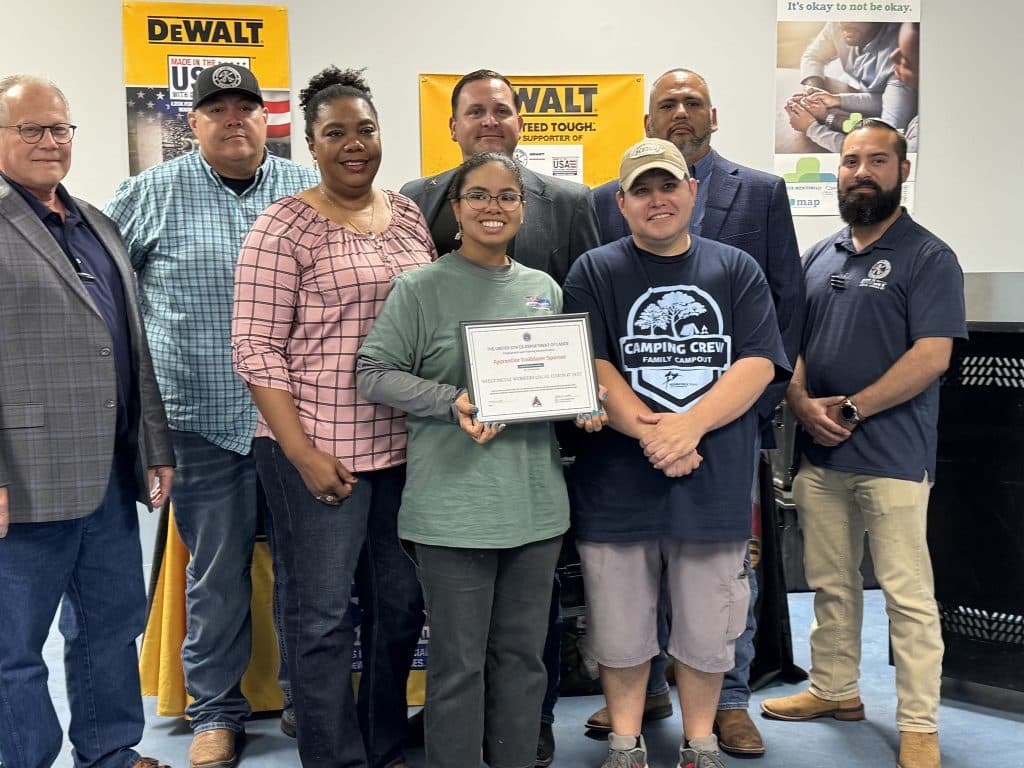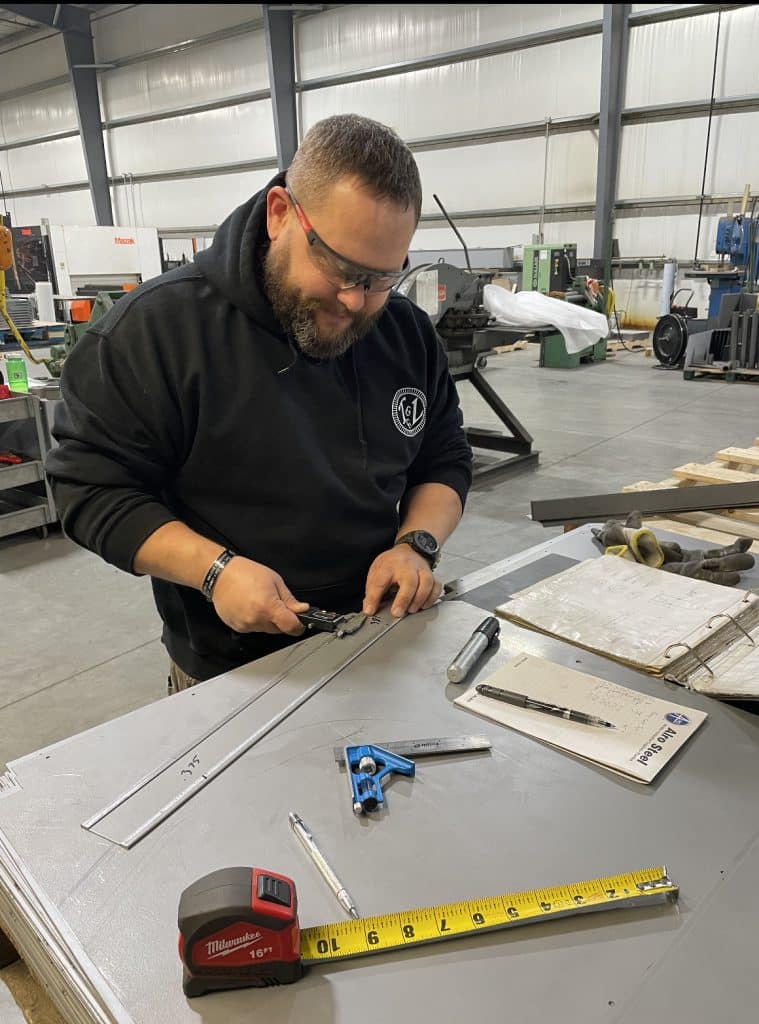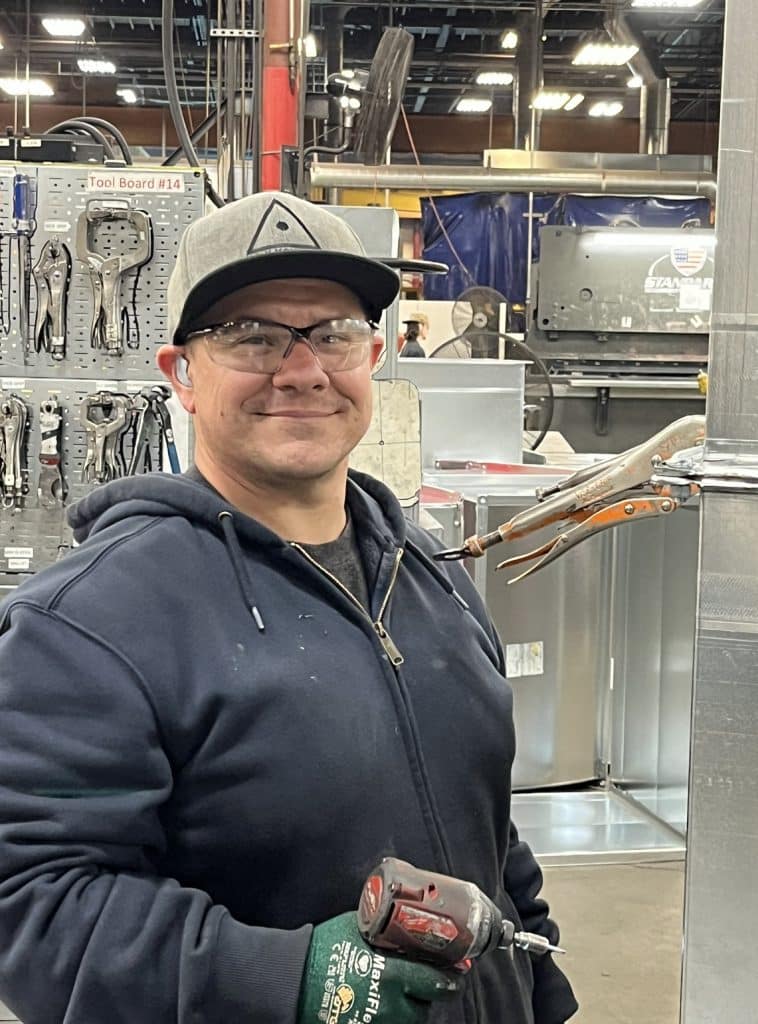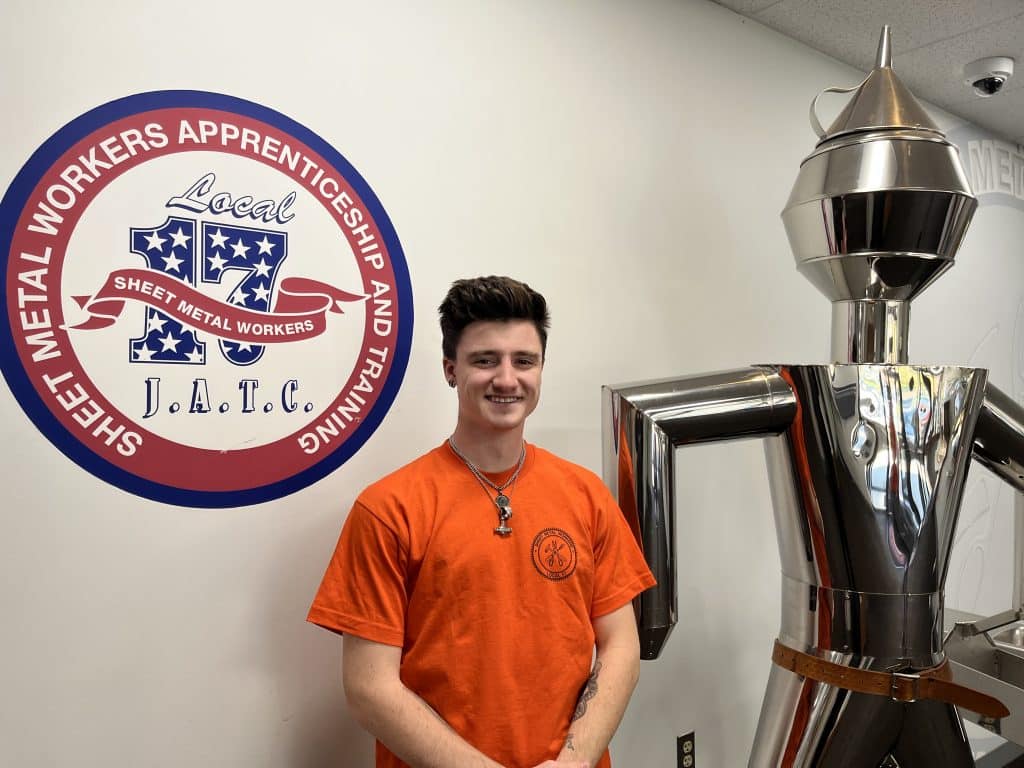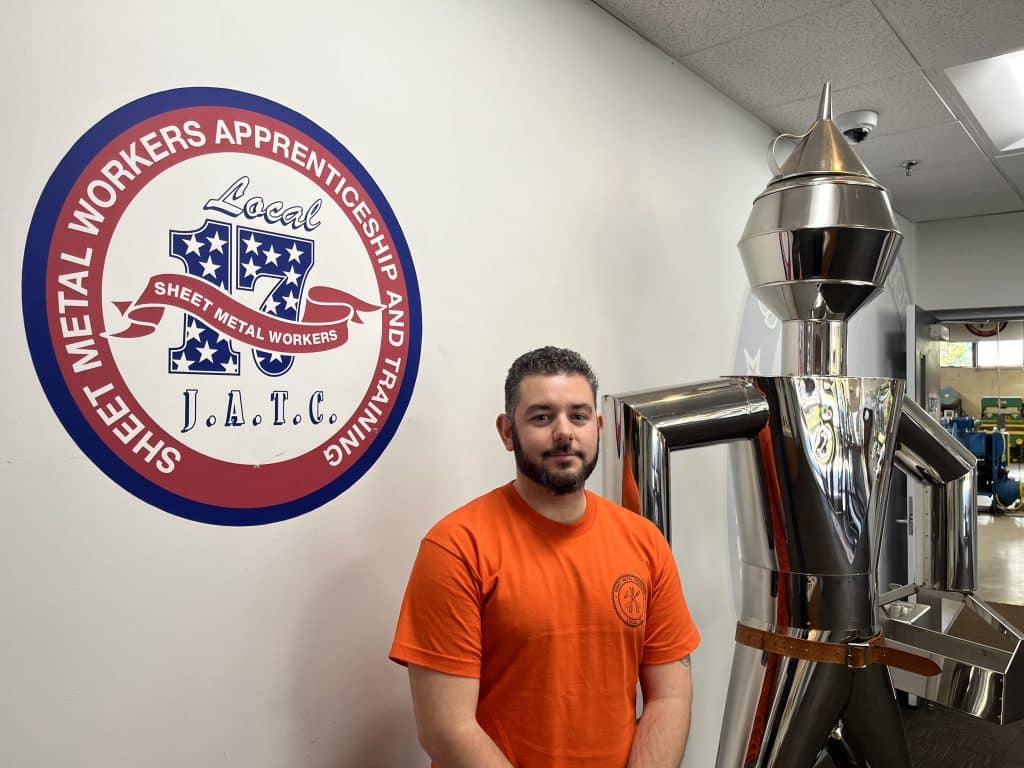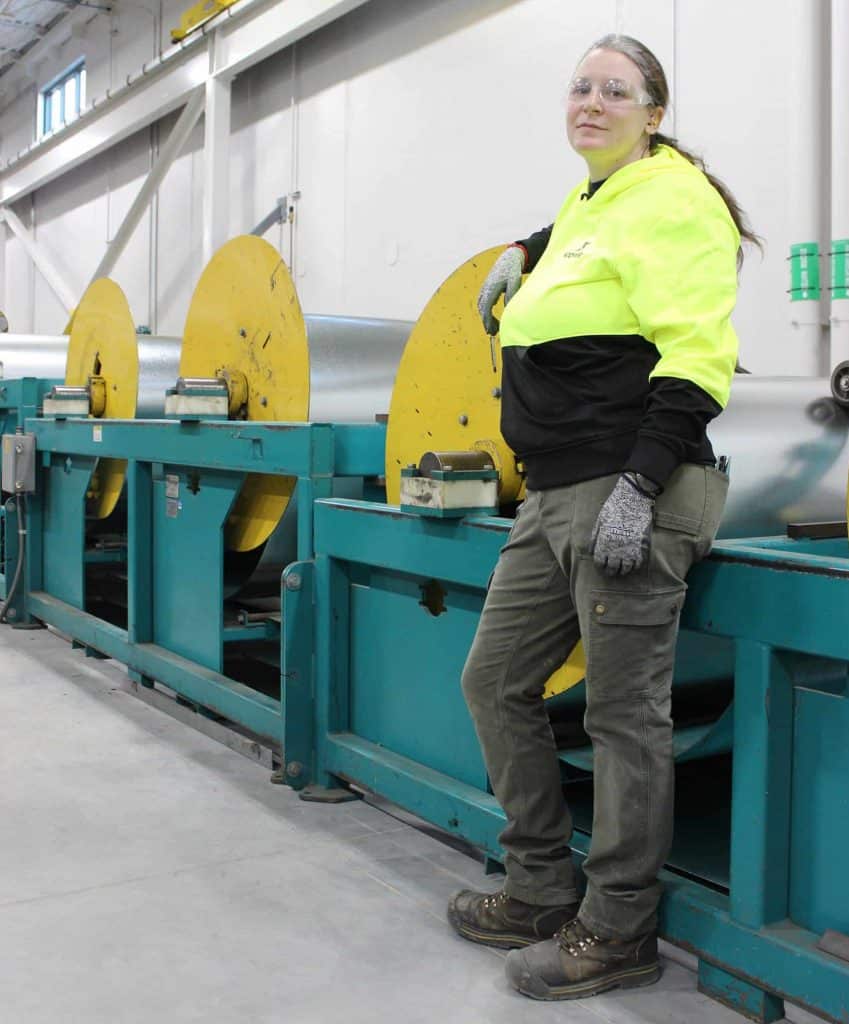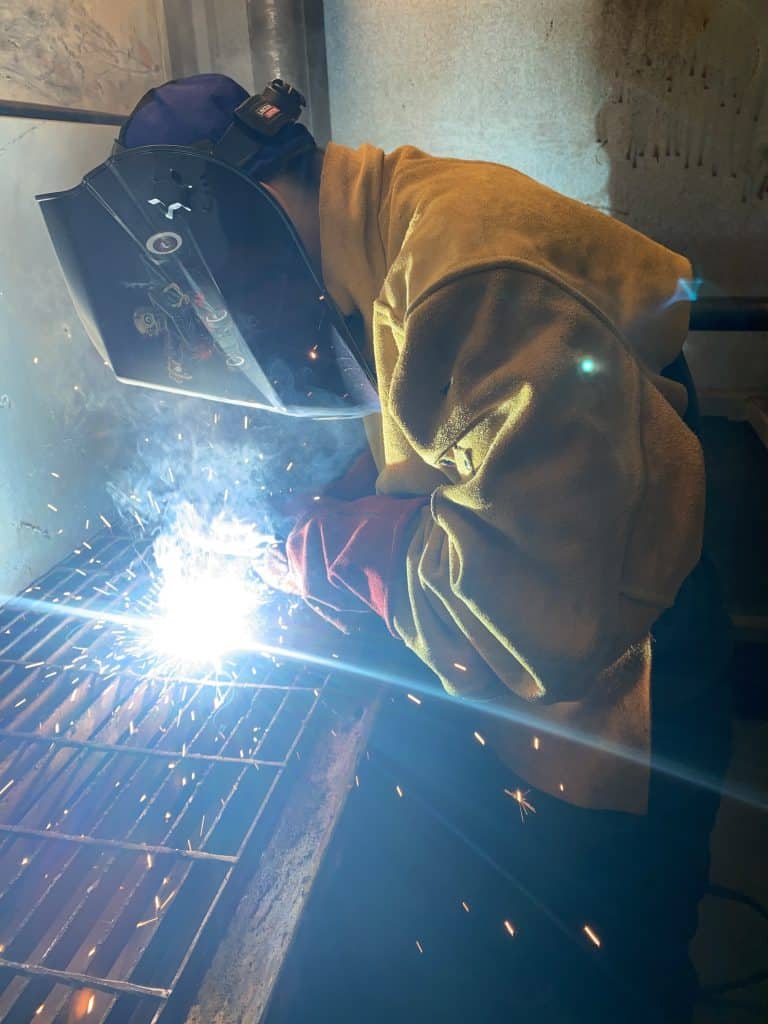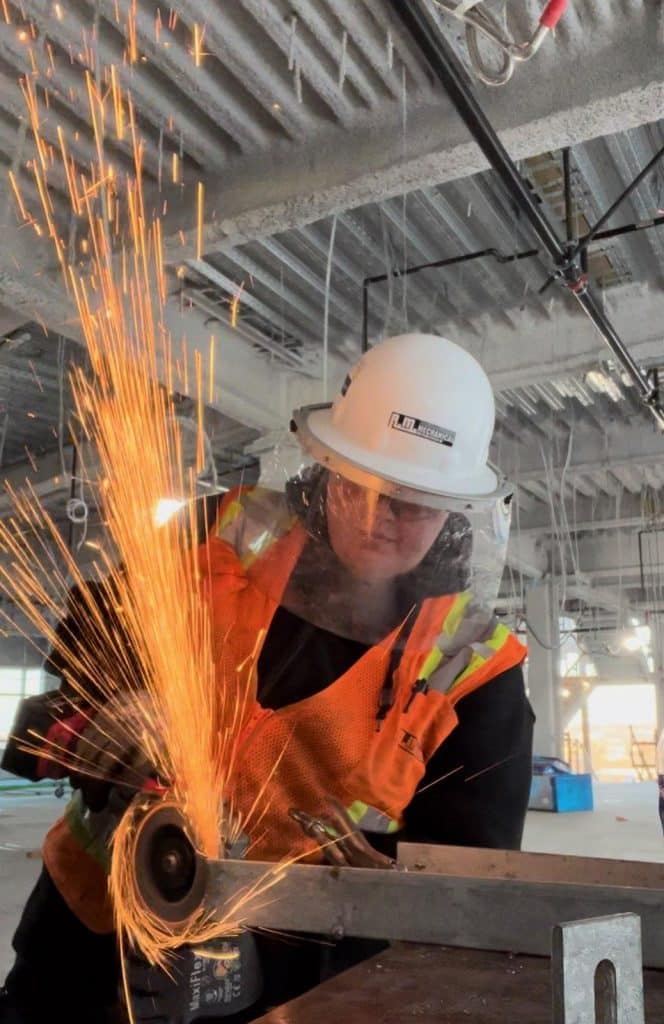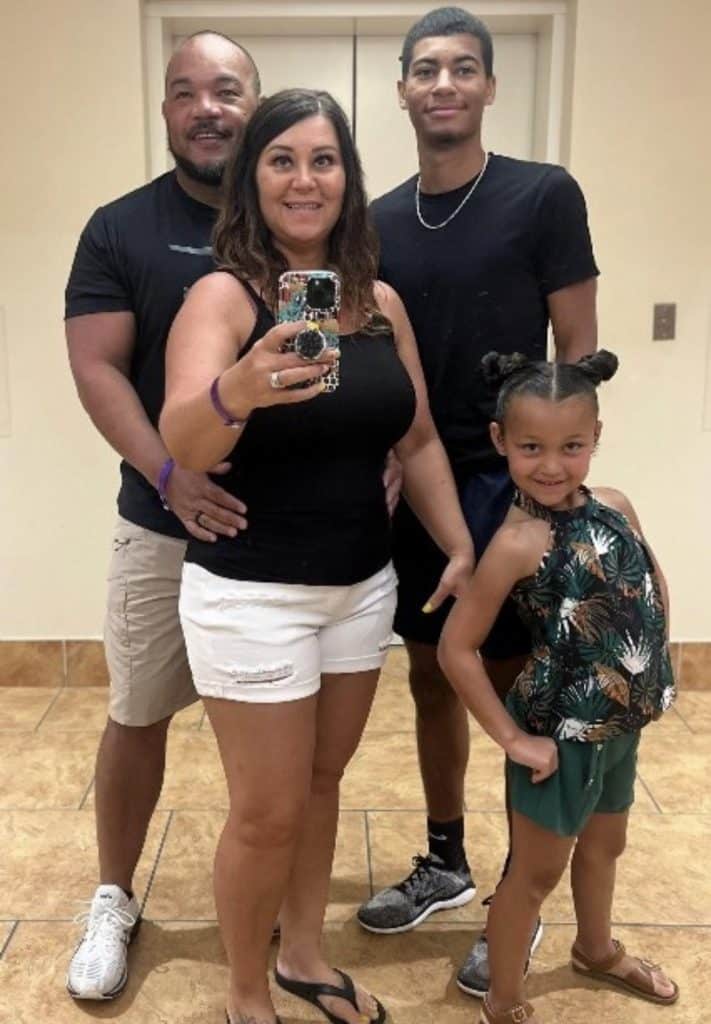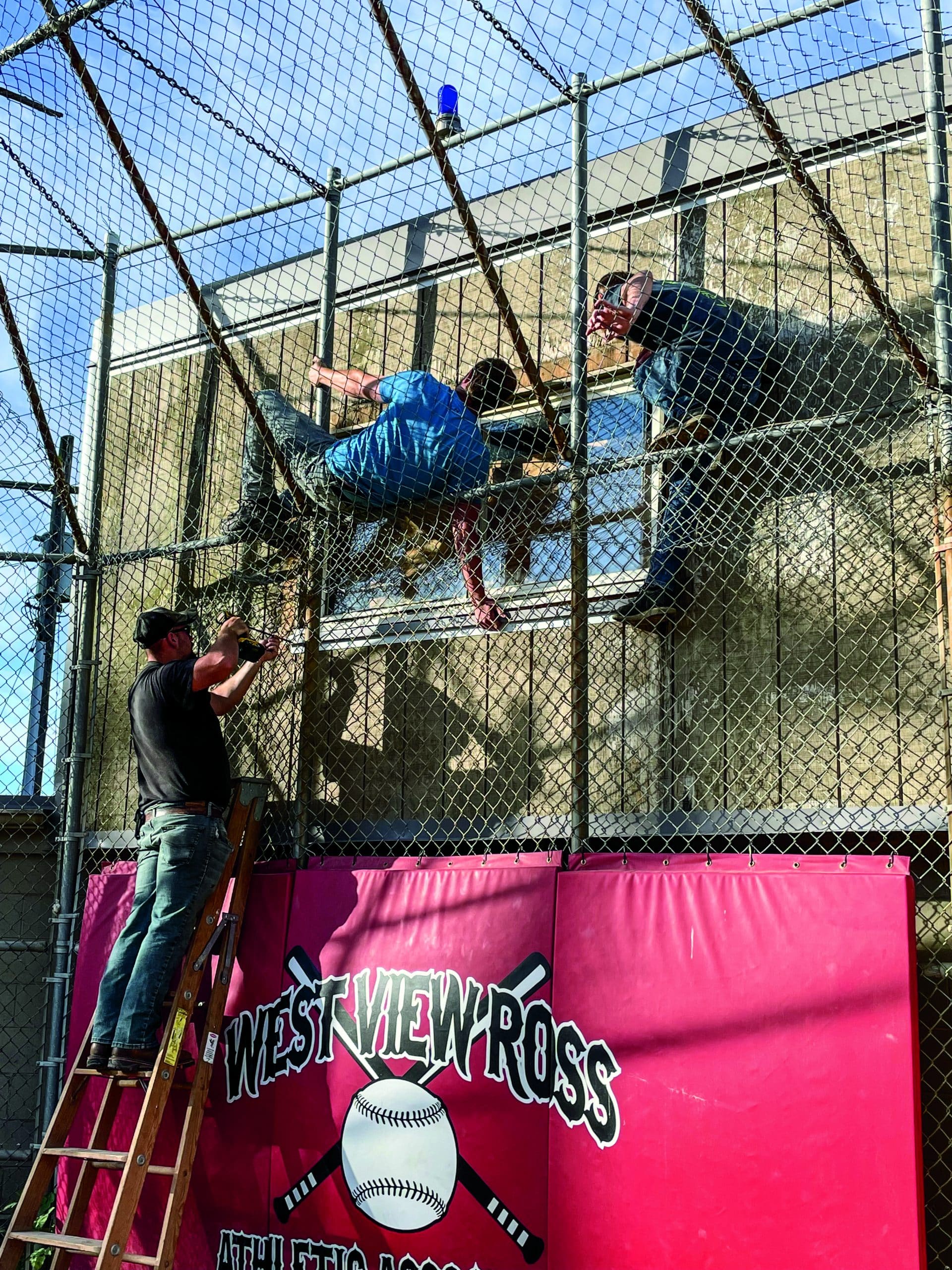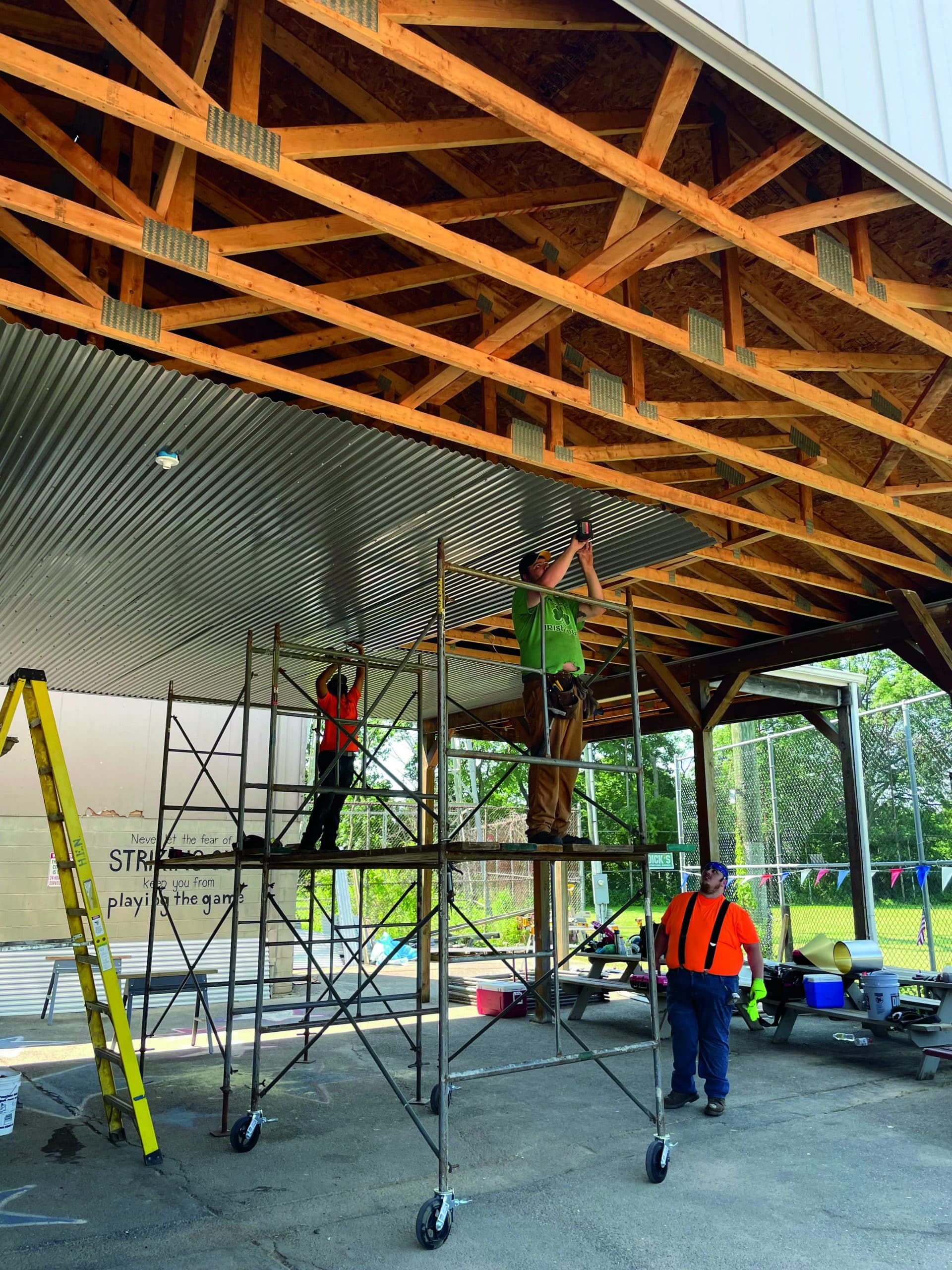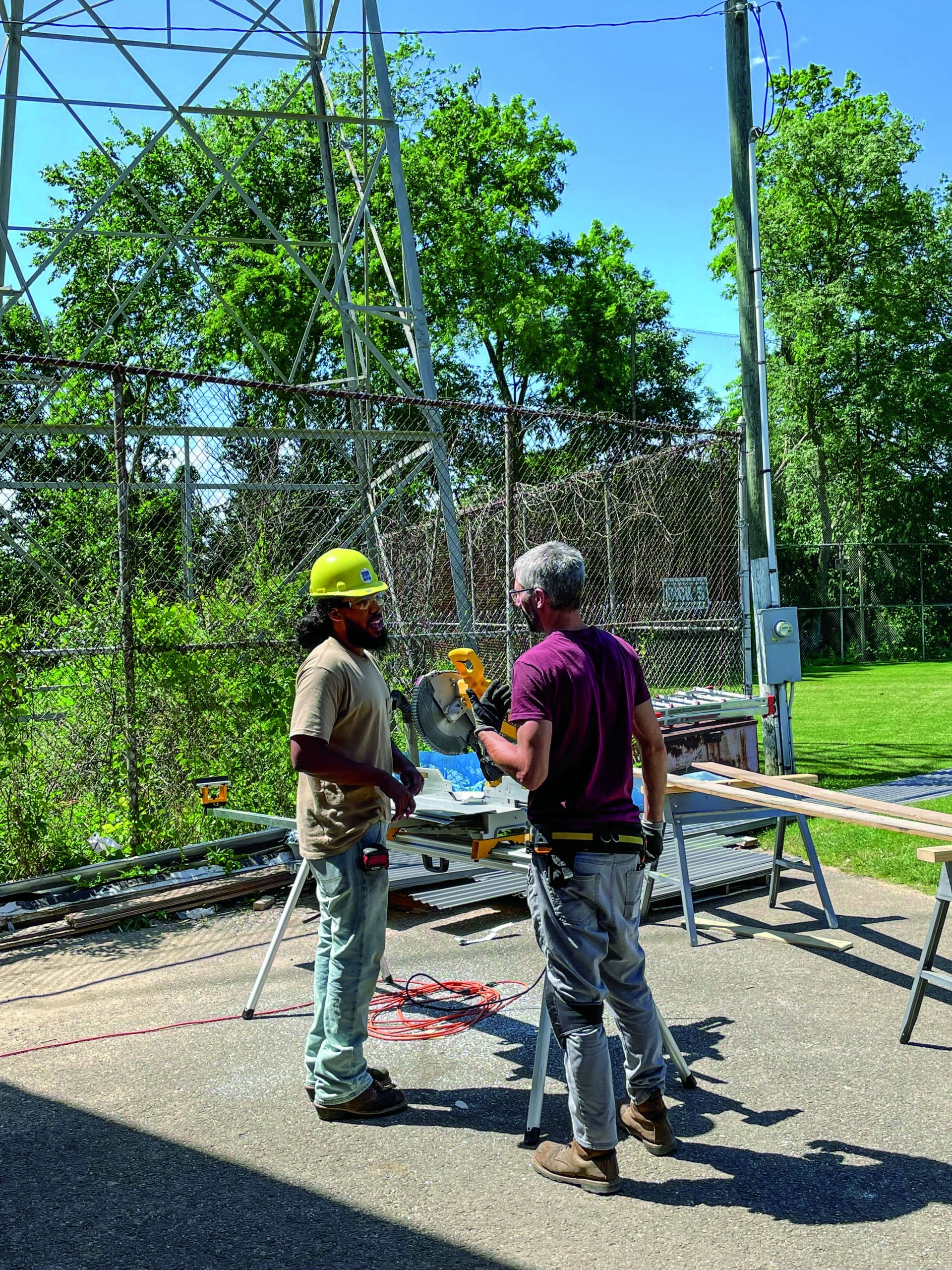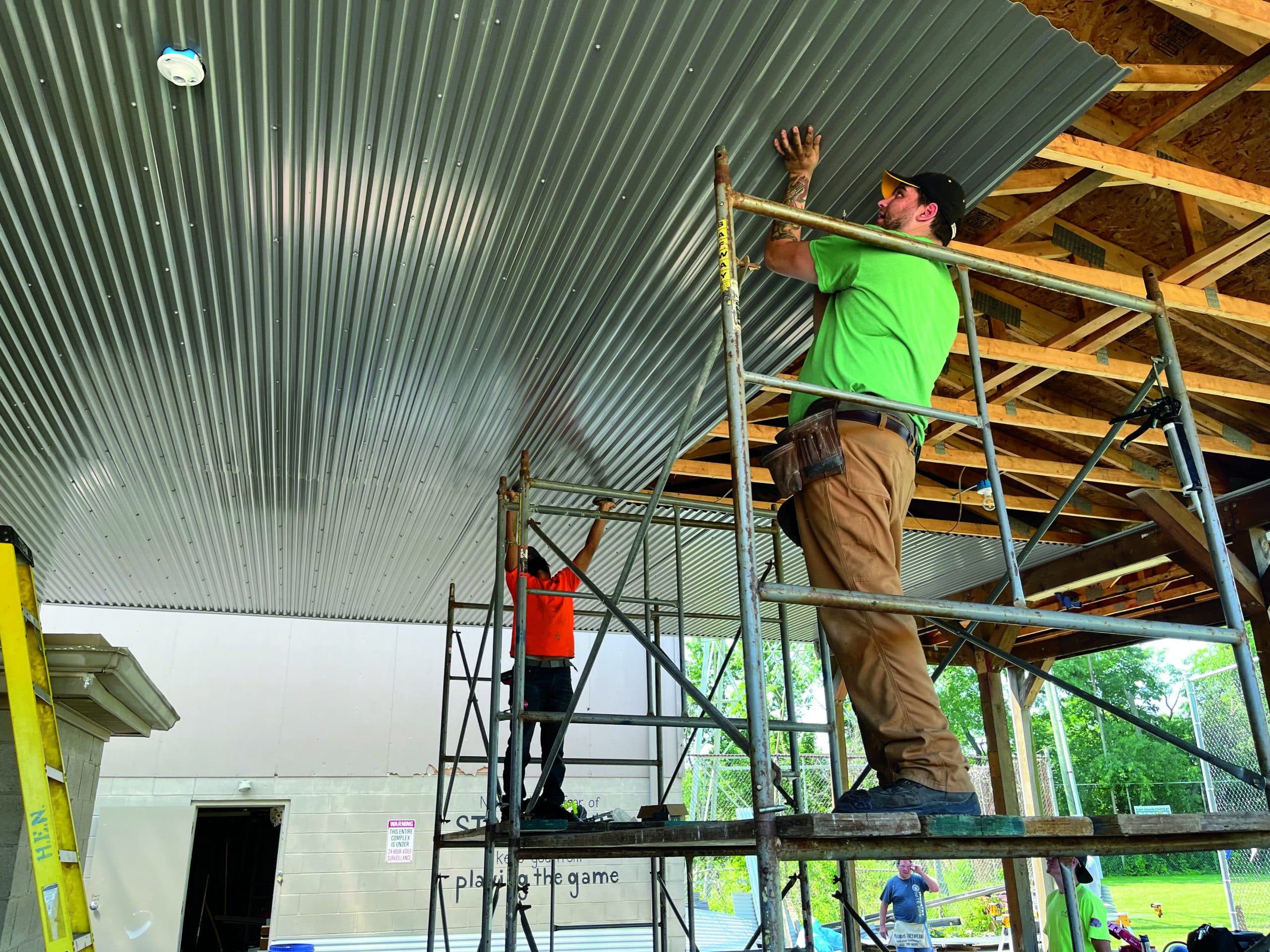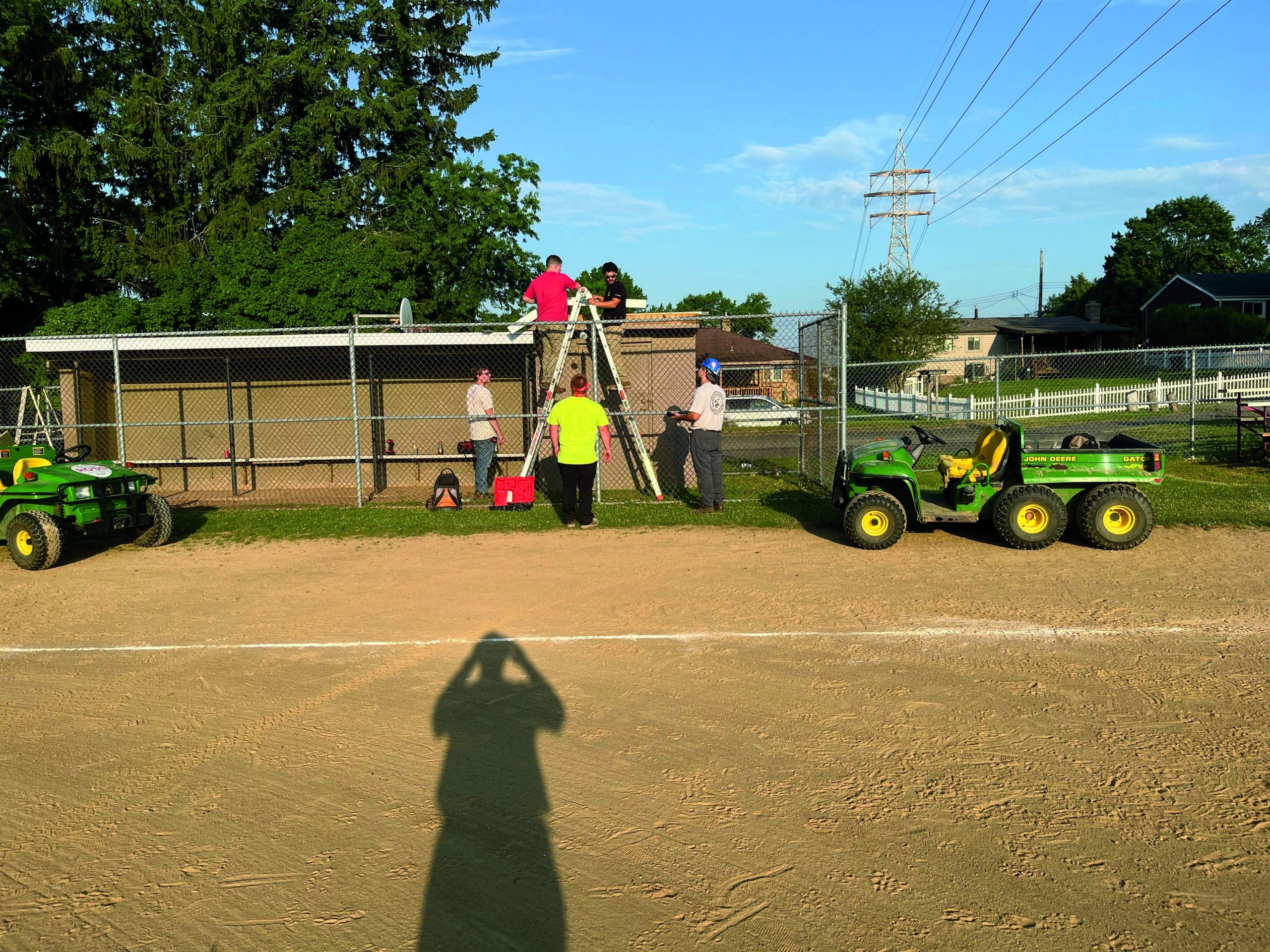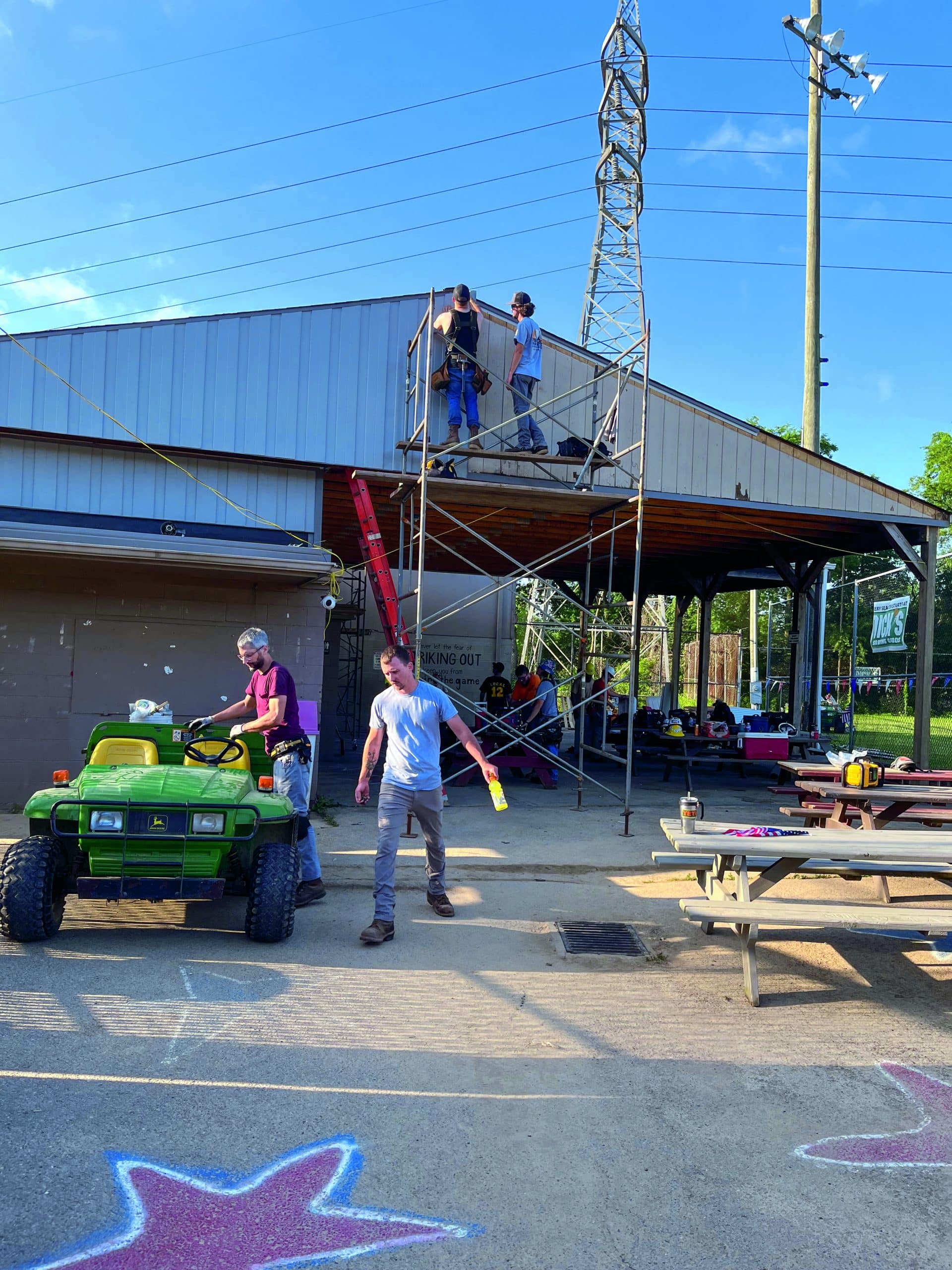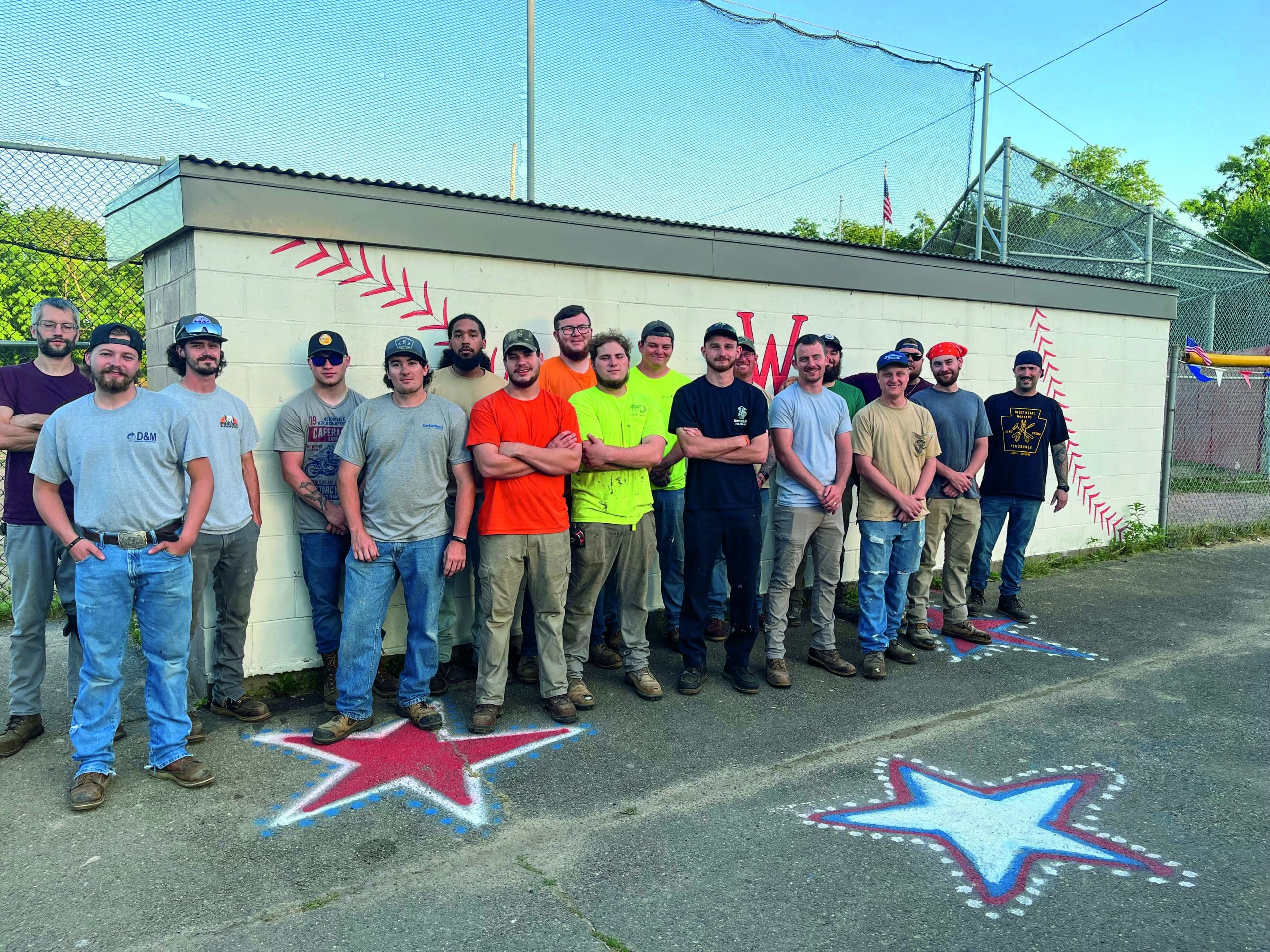SMART sheet metal apprentices from across Ontario gathered in Thunder Bay on September 11–12, 2024, participating in the 51st Ontario Sheet Metal Workers Apprenticeship Competition.
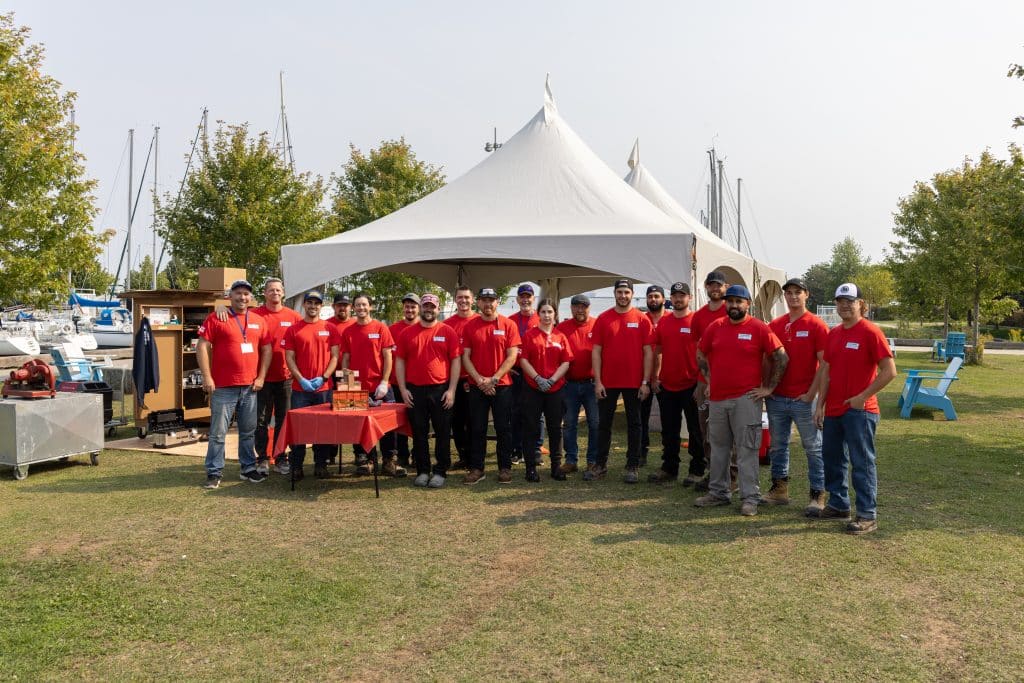
“We have apprentices from all over Ontario competing. They’re representing their locals and their contractors, and they’re doing a great job,” said Provincial Training Director Scott Wood on the day of the competition. “It’s a big trade, it’s a big industry, so we just like to really put it out there that we are looking for tradespeople, and we’re a really lucrative [trade] to be in.”
“They’re having a lot of fun, and it’s just a privilege to be here helping the apprentices move through their career,” added Local 47 Director of Training Stuart Simpson.
Fifteen apprentices underwent a theory test and a drafting test, but the marquee event was the shop component: building a model snowblower out of copper, complete with brass augers and a hand-made, one-inch Pittsburgh lock.
“[It’s] pretty difficult to do — working with copper is really, really hard, it’s very soft and scratches easily,” said Local 562 apprentice Sam Grant. “It’s pretty cool.”
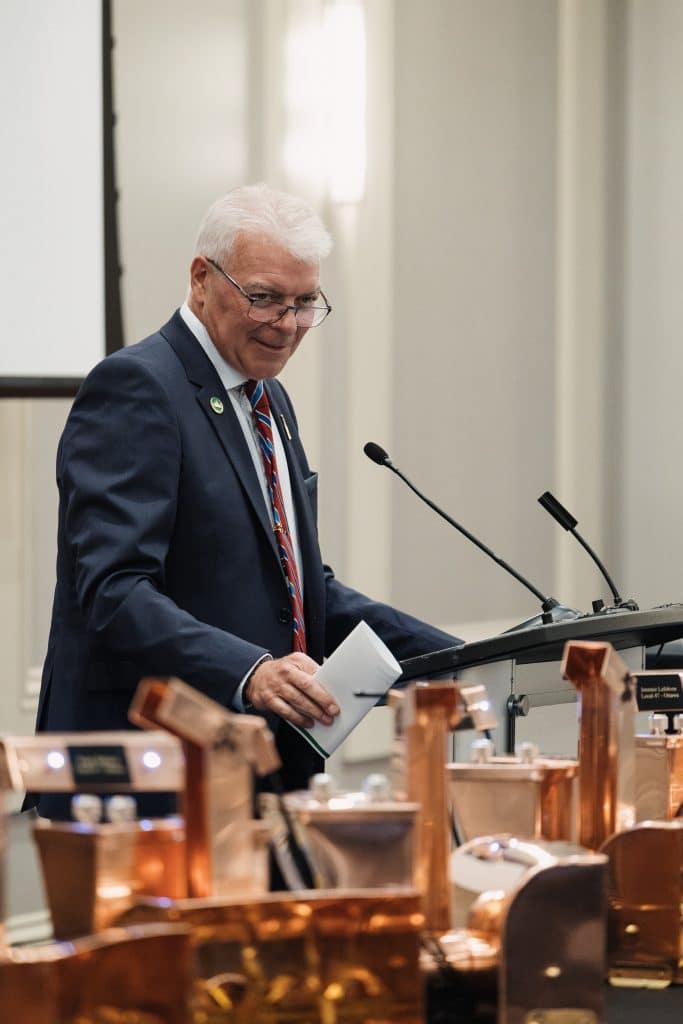
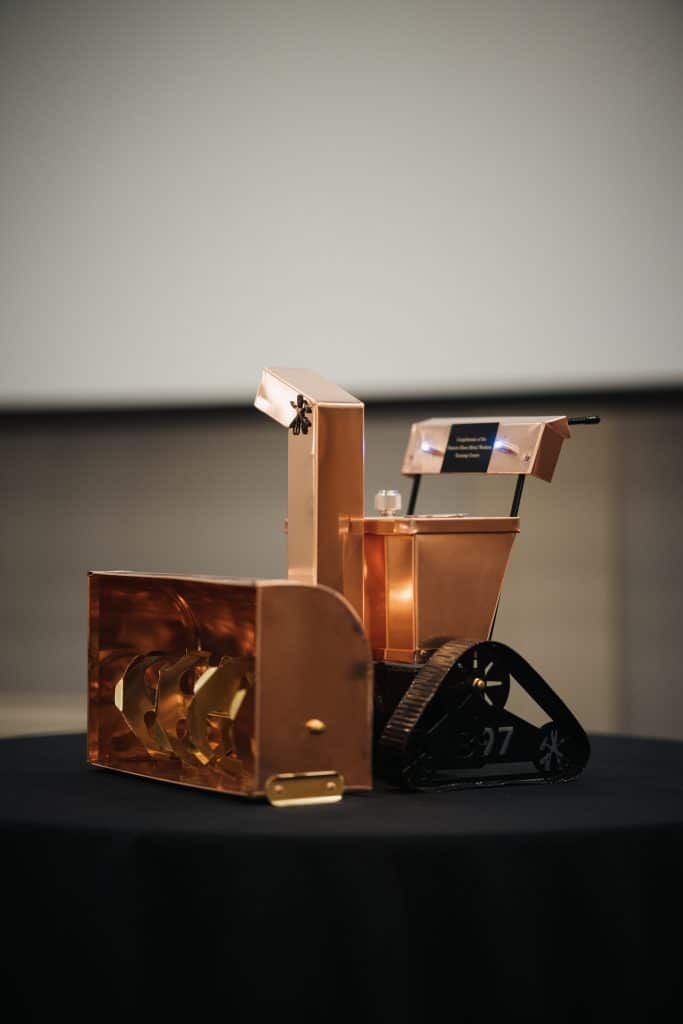
Following the competition, apprentices gathered with local officers and fellow members for a dinner and awards presentation. Congratulations, all!
Locals represented: Local 30 (Toronto), Local 47 (Ottawa), Local 235 (Windsor), Local 269 (Kingston), Local 285 (Toronto), Local 397 (Thunder Bay), Local 473 (London), Local 537 (Hamilton) and Local 562 (Kitchener).
